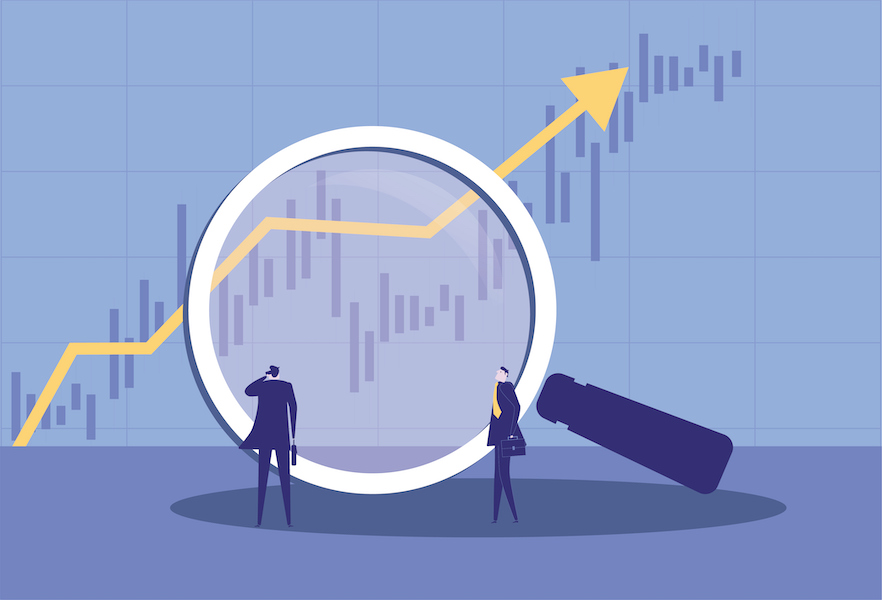

Latest market correction producing bargains for value hunters
Ryan Fitzgerald, vice-president for U.S. and international equities at Beutel Goodman Investment Counsel, says valuations are better than have been seen in 15 years
- Featuring: Ryan Fitzgerald
- August 2, 2022 August 2, 2022
- 13:01

(Runtime: 5:00. Read the audio transcript.)
**
Value investors should get excited when markets correct, because that’s when the bargains show up, says Ryan Fitzgerald, vice-president, U.S. and international equities, with Beutel Goodman Investment Counsel.
“If we look at high-quality cyclical value in areas such as consumer discretionary — especially anything related to the home or consumer spending — we’re seeing valuations that we have not seen since the financial crisis,” he said.
Speaking on the Soundbites podcast this week, Fitzgerald said that while valuation gaps are starting to close, many are still historically wide, leading to a surge of interest in value investing.
“From our standpoint, value exposure still looks very compelling to us,” he said. “Companies that we view as high-quality businesses are trading at a deep discount to intrinsic value.”
Fitzgerald said historically speaking, consumer staples and pharmaceuticals were not considered value stocks, but have become that in recent years.
“These are generally recession-resistant types of industries. People will still keep buying their drugs, they’ll keep buying their food, so the cash flows tend to be very stable,” he said. “The intrinsic value of the business does not change as the economy ebbs and flows.”
Similarly, energy has done well in this year’s troubled economy.
“It’s providing investors shelter from the storm,” he said, although he acknowledged several factors at play, including OPEC behaviour, environmental regulation and the war in Ukraine. “In our opinion, however, it is a good time to invest, and that is because the valuation gap is still historically wide.”
50% upside
Fitzgerald said that, as a value investor, he assesses the underlying quality of a business, keying in on particular metrics — like price to earnings and enterprise value to cash flow — to see how sustainable they are.
“If there’s one financial metric here that we like, it is return on invested capital,” he said. “If we can use conservative assumptions of cash flow, use conservative multiples and still get to 50% upside over our holding period, then the stock represents great value to us.”
He particularly likes the downside protection that is intrinsic to value investing.
“Classic value investing typically puts a large emphasis on what’s known as margin of safety,” he said. “If everything goes wrong, if my assumptions are all wrong and the world changes, how much do I lose? For a value investor, this should not be very much.”
Value traps
Fitzgerald warned that even as economic conditions improve for bargain hunting, investors need to remain vigilant about misreads that could cost them money.
“Every style of investing has its pluses and minuses. And the value trap is what the value investor has to do their best to avoid, no matter really what the environment,” he said.
A common error among investors is to confuse a cyclical problem with something that is actually structural.
For example, department stores have struggled in recent years due to the rise of online shopping. Before the shift was fully understood, however, some value investors simply saw a value opportunity.
“That is a great example of cheap valuations luring in a value investor, when there was really a secular problem that was brewing [the whole] time,” he said.
Sticking with high-quality businesses with stable end markets will guide investors away from most value traps, Fitzgerald said.
“We’re large proponents of having adequate diversification in your portfolio, since we never know what the future might bring. And if you can protect on the downside, and then pick up those bargains that the downside is serving up, then I think it’s a wonderful time for picking stocks as a value investor.”
**
This article is part of the Soundbites program, sponsored by Canada Life. The article was written without sponsor input.
